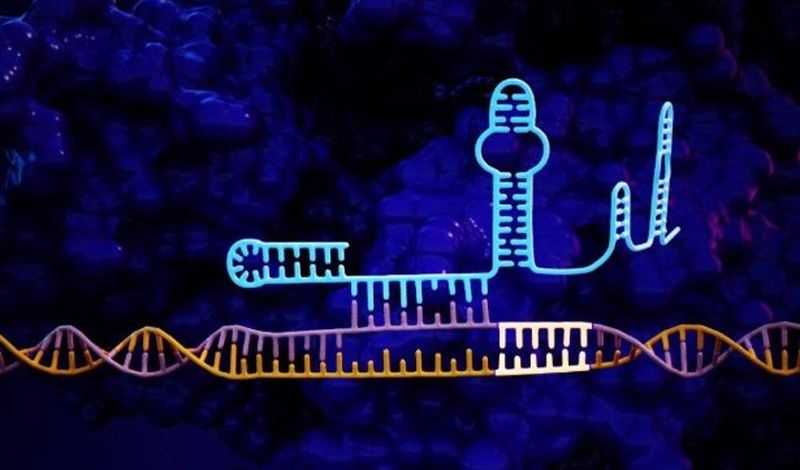Biomedical engineers at Duke University, North Carolina, have developed a method for improving the accuracy of CRISPR genome editing by an average of 50-fold. They believe it can be easily translated to any of the technology’s continually expanding formats.
The approach adds a short tail to the guide RNA which is used to identify a sequence of DNA for editing. This added tail folds back and binds onto itself, creating a “lock” that can only be undone by the targeted DNA sequence.
“CRISPR is generally incredibly accurate, but there are examples that have shown off-target activity, so there’s been broad interest across the field in increasing specificity,” said Charles Gersbach, Professor of Biomedical Engineering at Duke. “But the solutions proposed thus far cannot be easily translated between different CRISPR systems.”
